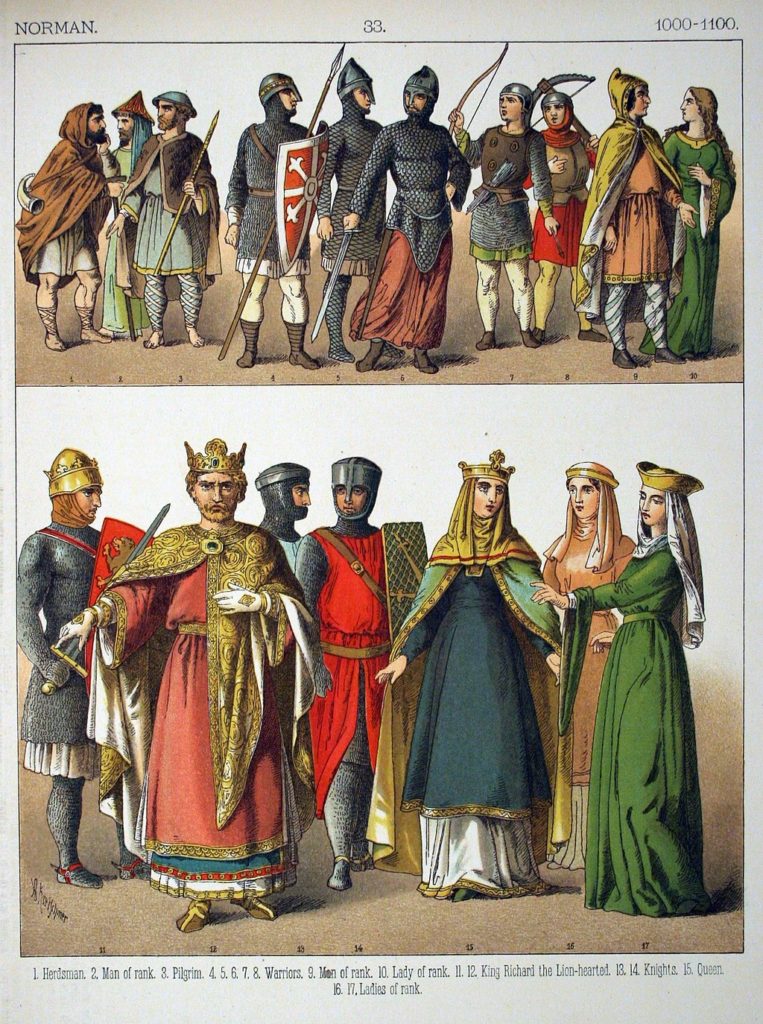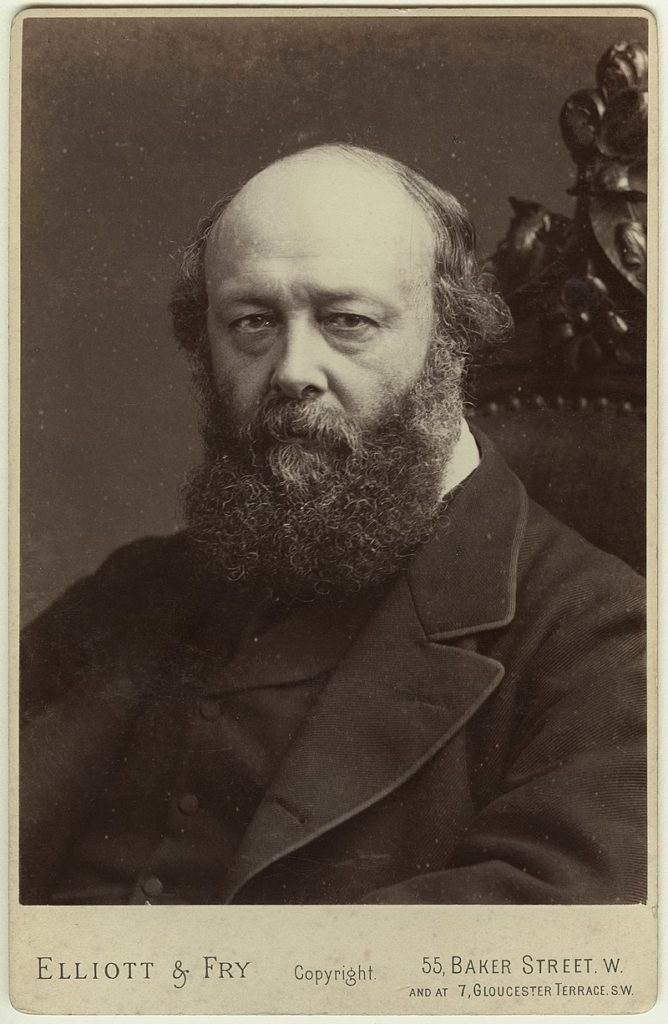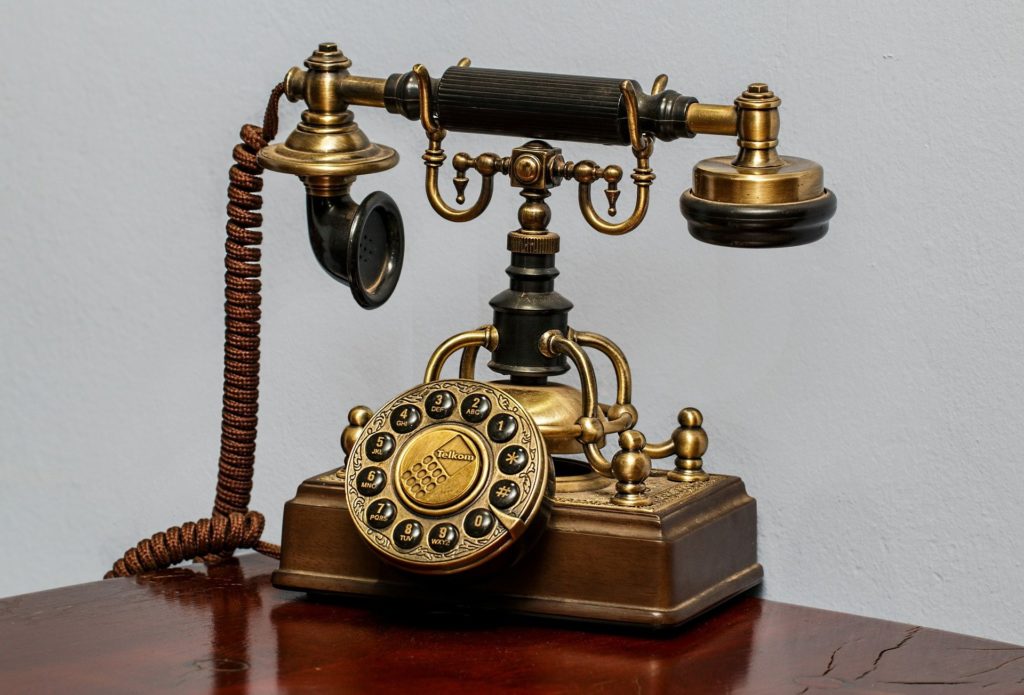It’s raining cats and dogs – an introduction to modern English
A brief history of the English language
Although present-day English has a lot in common with the Romance languages, which themselves evolved from Latin, this was not always the case.
Like most languages, English has evolved as it’s passed down through generations. Over time, this has led to major changes in the way words are written and spoken.

An example of one of these dramatic changes came with the arrival of the Normans in England in 1066.
When the French-speaking Normans conquered England in 1066 they brought their language with them, adding a great deal of French and Latin words to the existing English language. Before this, the language was known as ‘Old English’.
Old English actually belongs to the Germanic family of languages and was first introduced to the British Isles between 400-600AD by the Angles, Saxons and Jutes, who were collectively described as the Anglo-Saxons.

Further to this, Viking invasions between 700-1200AD introduced some Old Norse into the mixture as well!
As you can probably see, over the course of history, the English language has changed dramatically, so to find out where certain English words originate we have to reverse these changes so that we can trace the words back to their roots.
For example, the word ‘call’ can be rooted back to the Norse ‘kalla’, meaning to cry loudly.
This is just one of many English words that have Norse roots, but there are even more words that have Latin or Greek roots. In fact, over 60% of all English words have Latin or Greek origins.
There is a lot of information on language available at university when you choose to study there, but for now let’s move on to some of the lesser-known quirks of the English language!
Colloquialisms – what are they and why is ‘Bob my uncle’?
If you’ve studied in the UK for some time now, or will be arriving soon, at some point you’re likely to hear the expression ‘Bob’s your uncle’. But why? Why is Bob my uncle?

Well the history of this phrase dates back to 1887, when the British Prime Minister, Robert Gascoyne-Cecil, appointed his own nephew to the very important position of Minister for Ireland.
In the English language, the name Robert is often shortened to Bob, so many people thought ‘well it must be easy getting an important job if Bob’s your uncle!’
From this point forwards, the phrase ‘Bob’s your uncle’ has been used to announce the completion of a simple task. For example: ‘the table was broken so I used a bit of glue and Bob’s your uncle – it’s fixed!’
There are many odd phrases like this that you may come across in English-speaking countries, and if you’re ever unsure what something means – ask!
Some more examples of funny phrases like this include:

- ‘The bee’s knees’ – meaning ‘the absolute best’. e.g. ‘Wow, INTO’s student support really is the bee’s knees!’
- This phrase became popularised in the 1920s in the US, when cool sounding phrases like ‘the bee’s knees’ and ‘the cat’s whiskers’ started getting used instead of words like ‘cool’ or ‘great’.

- ‘It’s raining cats and dogs outside!’ – this simply means ‘it’s raining very heavily outside’, and actually has nothing to do with neither cats nor dogs.
- The origins of this phrase is disputed, and there are many theories about how it came to be used to describe rain. It’s definitely an odd expression, though!

- ‘I’ll give you a bell’ – meaning I’ll call your phone. e.g. ‘I’ll give you a bell later when I’ve finished class’.
- This phrase refers to the old style of telephone that would ring a loud bell when a phone call was received.

- ‘Chuffed to bits!’ – meaning being very happy with a certain outcome. e.g. ‘I did so well in my exam, even though I was a bit nervous. I’m chuffed to bits with my overall grade!’

- ‘Full of beans’ – meaning having a lot of energy. e.g. ‘I’m full of beans this morning, I feel like I could run a marathon!’
- The origin of this phrase dates back to the 1800s, when beans were used to feed horses. A horse that had eaten a lot of beans was often lively and energetic.

- ‘I’m gutted’ – although the word ‘gutted’ has other meanings, sometimes it’s used to describe a feeling of utter disappointment. e.g. ‘My football team didn’t even score one goal last night and I’m absolutely gutted.’
- Gutting is the act of removing the insides of something – whether it’s a building or a fish. This phrase uses the word gutted to emphasise the feeling of having everything taken out of you; utter disappointment.

- ‘Are you having a laugh?’ – this can be translated to ‘you’ve got to be kidding me’ or ‘you can’t be serious’ – it is used to express disbelief.
Colloquialisms can be single words or entire phrases and, although it’s not necessary to learn them all, it’s certainly interesting to learn about them and you might have a lot of fun using them yourself!
At INTO we offer undergraduate and postgraduate pathways programs, as well as English courses that will prepare you for your UK or US degree.
To see your study options, visit our website.
If you enjoyed reading this blog then you may like to read Common English abbreviations explained.
Follow us and send us a message on social media if you have any questions: YouTube, Facebook, Instagram and Twitter!



